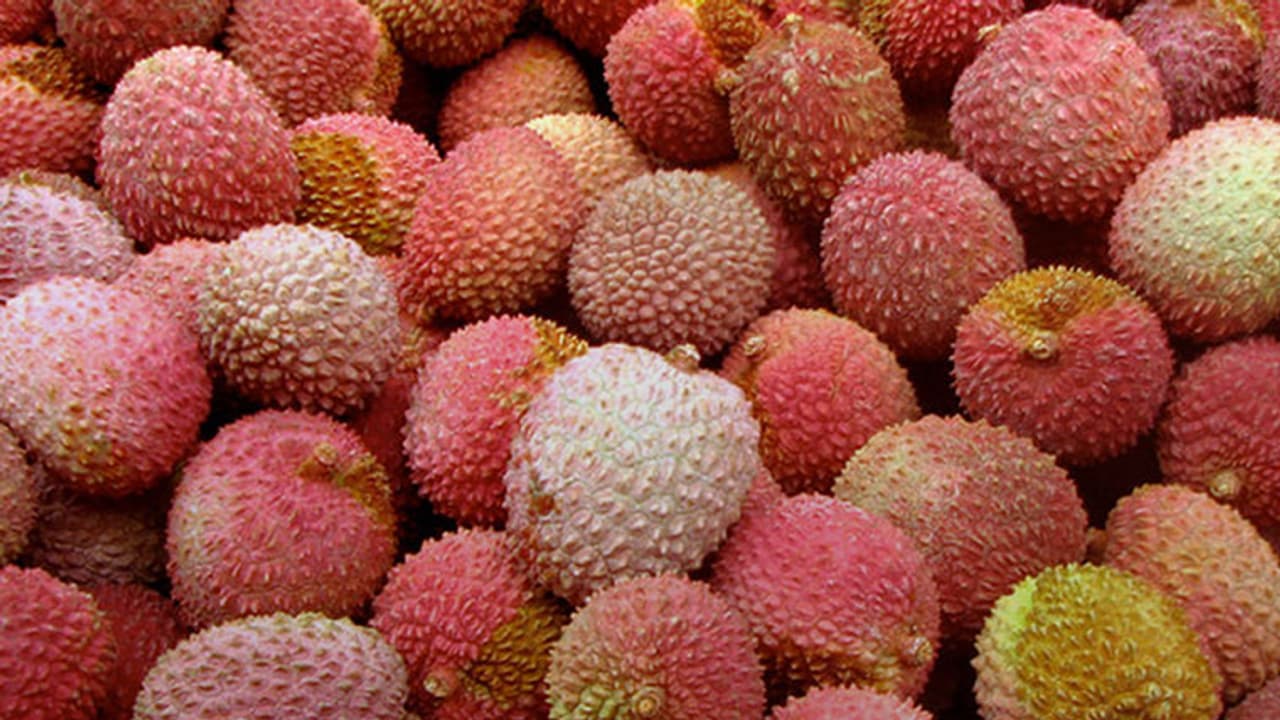Children are dying after having lychee in empty stomach. In 2014, 122 children died out of this weird disease. They call it ‘chamki ki bimari’ (tinsel disease).
Muzaffarpur, a small town in Bihar, has been home to mysterious deaths of children since 1995. Quite strangely, around the month of May and June, children in this town start showing signs of fever. They would also have seizures and convulsions before losing their consciousness.

In 2014, 122 children died out of this weird disease. They call it ‘chamki ki bimari’ (tinsel disease). Research teams and medical experts failed to decipher the disease until Thursday.
Children are dying after having lychee in empty stomach. Apparently, heat, humidity, malnourishment, the monsoon and pesticides add to the unassuming killer fruit. Reports also suggest that this disease is similar to encephalitis, which causes inflammation of brain.
US Centres for Disease Control and Prevention and India's National Centre for Disease Control researchers compared test results of children who already having the illness and children who were not affected by the mysterious disease.
Muzaffarpur is the largest lychee farming region in this country. Therefore it is not surprising that children coming back from school often go to these lychee orchards and have the fruit. Apparently these kids are not much interested in having a meal. Therefore they resort to lychees. Reports suggested that most of the affected children are likely to have skipped dinner which resulted in night-time hypoglycaemia.
The Indian government issued a warning stating the children to abstain from eating lychees and instead have healthy meals at least twice a day.
"The synergistic combination of litchi consumption, a missed evening meal, and other potential factors such as poor nutritional status, eating a greater number of litchis, and as yet unidentified genetic differences might be needed to produce this illness," the study read.
